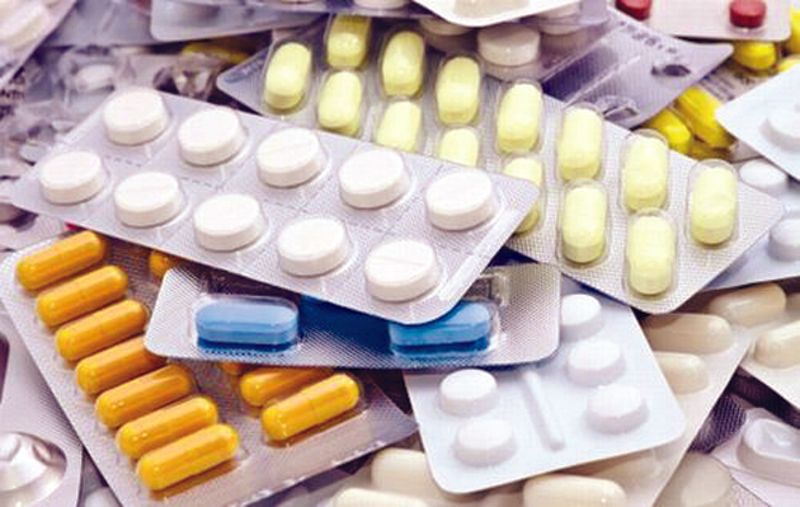India’s drug regulator, the Central Drugs Standard Control Organisation (CDSCO), has warned that 53 medicines, including paracetamol and other common drugs, do not meet quality standards. A total of 48 medicines have come under “not standard quality” (NSQ) warning, while five more have been identified by drug manufacturers as possibly counterfeit.
Commonly used medicines
- The medicines that failed the quality checks include widely used medicines such as paracetamol tablets (500 mg), antidiabetic drug glimepiride, hypertension drug Telma H (telmisartan 40 mg), calcium supplements Shelcal C and D3, and metronidazole tablets used for skin infections. Other notable medicines include Fexofenadine hydrochloride (used for allergies), Clavam 625 (recommended for oral infections) and Pan D (for acidity and indigestion).
The medicines that failed the quality checks include widely used medicines such as paracetamol tablets (500 mg), antidiabetic drug glimepiride, hypertension drug Telma H (telmisartan 40 mg), calcium supplements Shelcal C and D3, and metronidazole tablets used for skin infections. Other notable medicines include Fexofenadine hydrochloride (used for allergies), Clavam 625 (recommended for oral infections) and Pan D (for acidity and indigestion).
The list included several top-selling medicines manufactured by reputed pharmaceutical companies such as Hindustan Antibiotics Limited, Alkem Laboratories, Life Max Cancer Laboratories and Karnataka Antibiotics and Pharmaceuticals Limited.
CDSCO’s second list included five additional medicines that the companies claim are counterfeit, including Sun Pharma’s Pulmosil (for pulmonary arterial hypertension), Pantocid (for acid reflux) and Ursocol 300, as well as Glenmark’s high blood pressure drug Telma H and Macleods Pharma’s Defcort 6 (for joint and muscle problems).The companies have denied responsibility for the flagged medicines, saying they did not manufacture the problematic batches.
Sun Pharma and other companies have responded by pointing out that the accused products are not manufactured by them and are counterfeit medicines. Investigations are currently underway to verify the allegations.
The move follows CDSCO’s ban of over 156 fixed-dose drug combinations in August citing potential health risks to humans.

